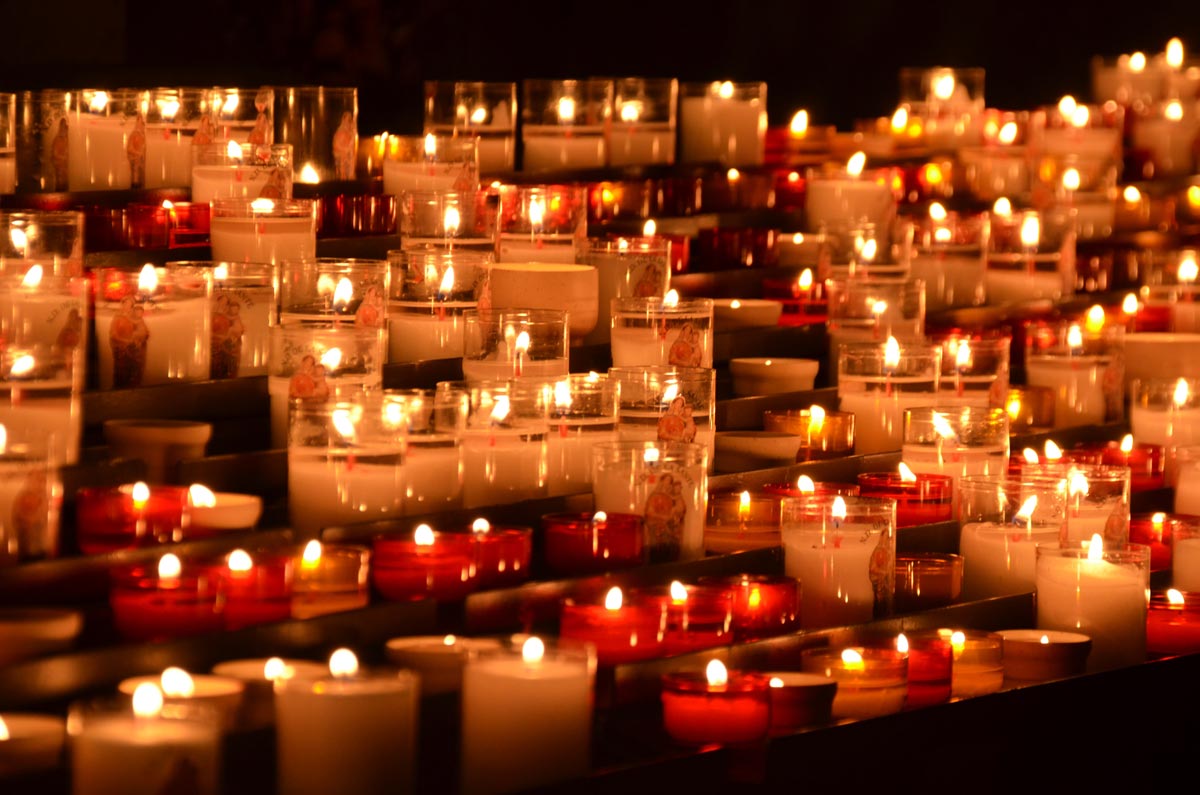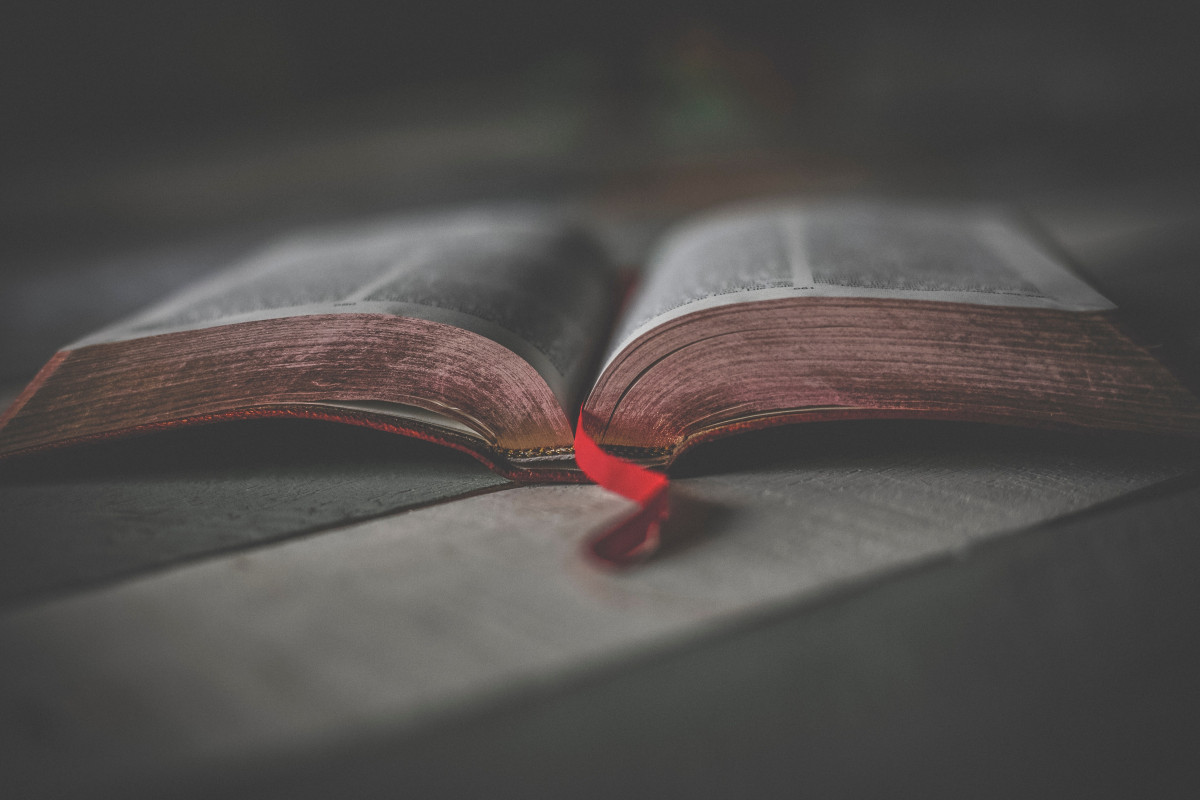Our church is known as the Commonwealth Community Baptist Church of the Bronx. Sometimes people will refer to our church simply as “Commonwealth.”
Written by: Pastor Joel
Our church is known as the Commonwealth Community Baptist Church of the Bronx. Sometimes people will refer to our church simply as “Commonwealth.” Our name comes from the fact that we are situated on Commonwealth Avenue here in the Bronx, that we are a church that is very much connected to the people of our community, and that we are Baptist.
In the Bronx, Commonwealth Avenue begins (or ends) at East Tremont Avenue and goes south to Watson Avenue. Most of it is in the Soundview section of the Bronx, with part of it being in what is sometimes termed Bruckner, or Bronx River, near the Van Nest section. The part of Commonwealth Avenue which is west of Westchester Avenue, and which is where our church building is located, was once part of what was known as Park Versailles, aka the Archer-Mapes farm of the 1860s (1). Historians suppose that the naming of Commonwealth Avenue in the Bronx “is connected with nearby avenues, Stratford and Virginia. Stratford is a town in the Commonwealth of Virginia, and might allude to the surveyor’s birthplace, or to that of one of the landowners.” (2)
The word “commonwealth” apparently dates to the 15th century, and conveyed the idea of “common wellbeing.” (3) “Commonwealth” appears one time in the KJV in Ephesians 2:12; “That at that time ye were without Christ, being aliens from the commonwealth of Israel, and strangers from the covenants of promise, having no hope, and without God in the world:.” The translators of the KJV in fact borrowed the word from Mr. William Tyndale and his English translation of 1534. Interestingly, the word is still retained in many modern English versions, including the NKJV, the NAS, the RSV/ESV, and others.
The word “commonwealth” is translated from the Greek politeis, which occurs one other time in the NT in Acts 22:28, where the KJV translates it “freedom,” again borrowing from Tyndale. The root word is polites, which is translated as “citizen,” and which itself is from the root polis, the word for “city.” (4)
In Ephesians 2:12, it seems that Paul is referring to citizenship in Israel and the rights, privileges, and customs that go along with it, which the Ephesians, who were Greeks, did not have. As Thielman observes, “Paul is probably also thinking of how unbelieving Gentiles, because they were separated from the people who had access to Israel’s Scriptures and governed their affairs by them (cf. Rom. 3:2; 9:4), were alienated from their “way of life.’” (5)
John Phillips gives this background on Ephesians 2:12:
“This verse describes that natural state of the Gentiles. Prior to the great dispensational change that has now taken place, the only way a Gentile could partake of the spiritual blessings and covenantal benefits of Israel was to become a Jewish proselyte. Gentiles were natural born aliens and had no part in the great covenantal promises God made to Abraham, Isaac, Jacob, Moses, and David. Cut off from these covenants, the Gentiles had no hope and were without God. Their natural state apart from the gospel was deplorable; they were outside both the covenants and the commonwealth.” (6)
As Gentiles who did not know the Lord, we were indeed aliens from the commonwealth of Israel. We did not have a unique relationship with God, and we could not be referred to as the people of God. (7) As Lloyd -Jones observes, “The most terrible thing about a man who is not a Christian is that he is outside that circle and does not belong to the people of God.” (8) Wilson further notes, ”…this exclusion from Israel, the sole recipient of the light of God’s special revelation (Rom. 3:2), left them in the darkness of nature’s night.” (9) One of the points Paul makes in his epistle to the Ephesian church is that the gentile peoples were quite alienated by the Jews also, and for Jew and gentile to be members of the same body (i.e. the local NT church, the body of Christ) was nothing short of the astonishing accomplishment of the Messiah. We were without Christ, but now we are in Christ. We were strangers from the covenants of promise, but now we are possessors of the promises. We had no hope, but now we have the blessed hope of Christ. We were without God in the world, but now God is with us and for us as we travel through this world. Truly now we are members of the commonwealth of God’s people.
With this in mind, Commonwealth Community Baptist Church ought to rejoice in God for including us in His wondrous redemptive purpose, and we ought to bear in mind the many ways our church has a special connection with Israel.
First, our God is the God of Israel, the God Who is revealed to mankind in the Tanak, the inspired Jewish Scriptures that comprise the books of Genesis through Malachi in our English Bible.
Second, our Scriptures came to us through the Jewish people, both the older testament and the newer testament. The authors of Scripture were, for the most part, children of Israel.
Third, our Savior came to us via the Jewish people. Our church is a testimony of the truthfulness of Genesis 12:1-3, wherein the LORD told Abraham that in him and his seed would all the families of the earth be blessed. So many different people groups are represented in Commonwealth Community Baptist Church, and all of us trace our greatest blessing back to the seed of Abraham.
Fourth, our church is a New Testament church, and the churches upon which our church is patterned were comprised of many Jewish members. The NT church is to be a place where Jewish people should feel welcome, not alienated, after all we are worshipping their God, reading their Scriptures, and trusting their Messiah.
Fifth, our church building stands on the grounds of the former Hebrew Center of the East Bronx, a synagogue which was organized in 1923. By one historian’s estimation, there were once 780 synagogues south of Fordham Road in the South Bronx. (10) Our church was planted by Martin Silverberg, himself Jewish, and his wife Valerie, and their four children Joshua, Shekinah, Josiah, and Jonah Israel. Baptist history and Jewish history in America have been closely linked ever since the 17th century foundings of the first Baptist church in America and the Touro synagogue, both on the same block in Newport, Rhode Island.
With these truths in mind, we must never forget that the very identity of Commonwealth Community Baptist Church is deeply rooted in the Jewish people and their Scriptures. My prayer is that each one of us at Commonwealth Community Baptist Church in the Bronx would thank God for Israel, would love the Jewish people, and would pray for the peace of Jerusalem through Yeshua ha Meshiach. “But now in Christ Jesus, ye who sometimes were far off are made nigh by the blood of Christ” (Eph. 2:13).
(1) Cf. John McNamara, History in Asphalt: The Origin of Bronx Street and Place Names (Bronx, NY: The Bronx County Historical Society, 1984), p. 464.
(2) McNamara, p. 57. Note that nearby in the Parkchester section of the Bronx is Virginia Park and Virginia Avenue, of which McNamara notes, “The avenue might possibly be named after a packet ship, Virginia, owned by Benjamin Trask, a landowner in the area. Or else, a surveyor wished to commemorate his birthplace, Stratford in the Commonwealth of Virginia – for the first two names are in adjacent avenues.” McNamara p. 257.
(3) Cf. OED.
(4) Cf. Phil. 3:20.
(5) Cf. Thielman who argues for all three aspects of rights, privileges, and customs to be in view with “commonwealth.” Frank Thielman, Baker Exegetical Commentary on the New Testament: Ephesians (Grand Rapids: Baker Book House, 2010), pp. 154-156. See also TDNT, where Strathmann argues that it is, “used in the figurative sense of the privileged religious position of Israel as the recipient of the promise.”
(6) John Phillips, Exploring Ephesians (Neptune, NJ: Loizeaux Bros., 1993), p. 69.
(7) Cf Boice, who gives Ruth and Naaman as examples of gentiles who became citizens of Israel before coming to the know the LORD. James Montgomery Boice, Ephesians: An Expositional Commentary (Grand Rapids: Baker Book House, 1997), pp. 77-78.
(8) D. Martyn Lloyd-Jones, _An Exposition of Ephesians _ (Grand Rapids: Baker Book House, 1972), Vol. 2, p. 169.
(9) Geoffrey B. Wilson, Ephesians (Carlisle, PA: The Banner of Truth Trust, 1978), p. 53.
(10) Cf. www.bronxsynagogues.org.
Read more blogs written by Pastor Joel!

As everyone in our church knows, this past Christmas season we completed a detailed study of I Timothy 3:16.

Notice Job 3:11-16, particularly verse 16. Here the man Job is in the midst of cursing the day he was born. He is wishing that he would have been born dead. He asks why his life on earth could not have ended on the day it began. And by the time he gets to verse […]